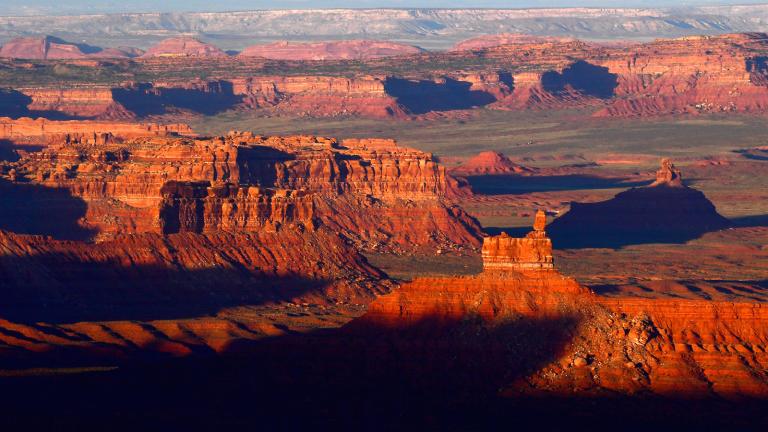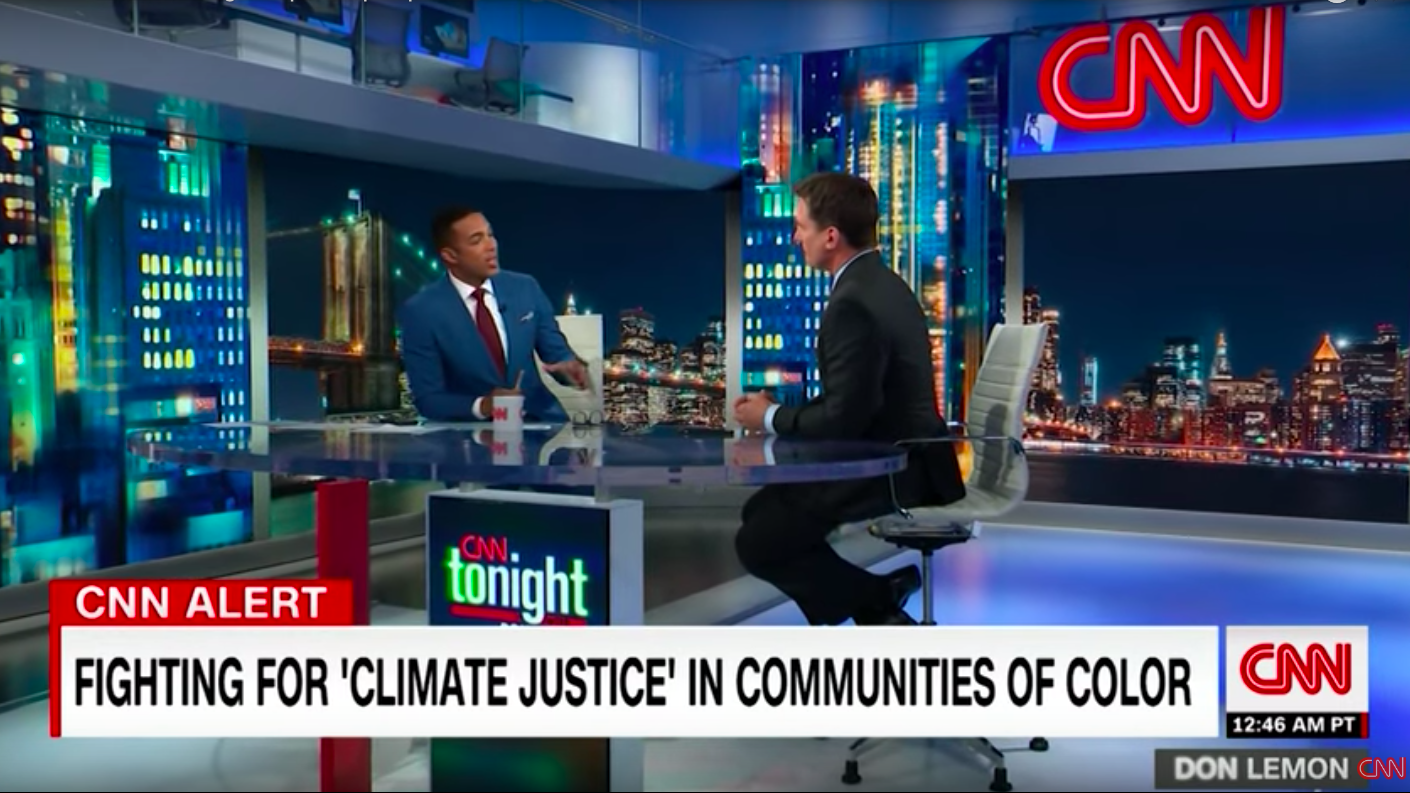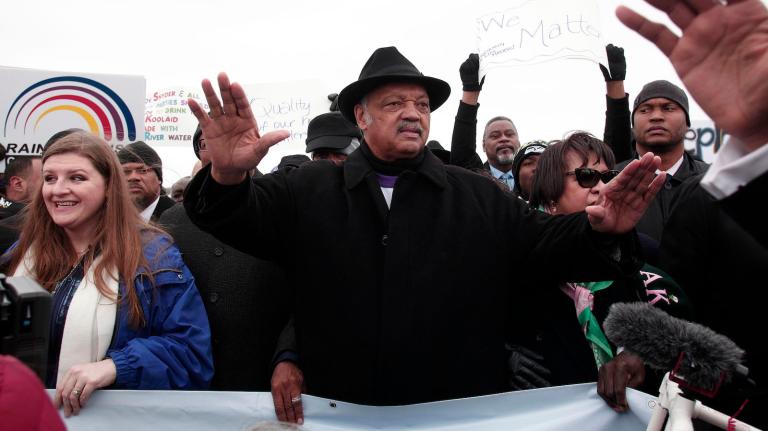Now that climate change is finally becoming a thing on cable news, networks also seem to be catching on to the existence of climate injustice. In the wake of another week of devastating storms, CNN host Don Lemon ran a seven-minute segment on Wednesday night about how climate change disproportionately impacts people of color.
Put simply, climate change is racist — not in the bigoted, call-you-mean-names-and-tell-you-to-go-back-to-your-country kind of way, but in the sense that it exacerbates existing inequities, making many people of color more vulnerable to climate catastrophe. That kind of institutionalized racism can take many forms, like people of color getting redlined out of above-sea-level neighborhoods and forced into flood plains, or federal disaster aid favoring homeowners and residents of wealthy neighborhoods. And while it’s not at all new, it’s now, apparently, worthy of mainstream cable news.
In the CNN segment, chief climate correspondent Bill Weir visited Port Arthur, Texas, a community where residents are pushing the largest refinery in the United States to rein in its pollution, recovering from Hurricane Harvey, and bracing for future extreme weather events. Weir pointed out that while the Trump administration quickly provided $4 billion to fund storm barriers protecting oil and gas facilities after Hurricane Harvey, predominantly black neighborhoods in the area still haven’t received funding to refit storm drains.
Robert Bullard, distinguished professor of Urban Planning and Environmental Policy at Texas Southern University who’s sometimes called the “Father of Environmental Justice,” told Weir, “Those communities that get hit first, worst, and hardest, should receive the aid and assistance first. They shouldn’t be at the back of the line. But right now it’s the back of the line, the back of the bus.”
Weir closed out the segment saying, “And so a generation after a fight for civil rights, they now call for climate justice.”
So what are we to make of this environmental justice cable convo? First, kudos to CNN for talking about global warming and not just telling us the weather — we know what an uphill battle that’s been. And snaps for actually saying the words “climate justice.” Sure, it’s been 28 years since the Principles of Environmental Justice were crafted in Washington, D.C., calling for an end to the “repression and exploitation of lands, peoples and cultures, and other life forms,” but better late than never. Opening the door to climate justice means we might be seeing a lot more interesting environmental stories on networks like CNN.
There are a lot of other ways people of color are the canaries in the coal mine when it comes to climate change. Take heat, for example. Mainstream media fans might not realize it because it doesn’t necessarily make for good television, but extreme heat (one of the symptoms of climate change with the most evidence backing it up) kills more people in the U.S. every year than any other weather event. Heat waves also lead to a disproportionate number of deaths in black and immigrant communities. And let’s not forget that the industries most responsible for pumping out greenhouse gases also have a history of polluting communities of color.
What’s still missing from the CNN segment? The news network could have explicitly named environmental racism and the systemic factors that feed into it. Instead, Weir opens the segment just a little awkwardly. “Ultimately [climate change] is going to affect all living life,” he told Lemon. “But, as we’ve seen in history, some people are more equal than others. And the folks that are feeling it are subsistence fishermen or farmers, and people of color, neighborhoods of color here on the richest land on earth.” It almost sounded like a bad beat poem from someone learning a new set of “woke” vocabulary.
It’s not always easy to talk about race, but calling out institutionalized discrimination is important, as it can easily muddle up efforts aimed at tackling the problem. Many of the same forces that have pushed folks of color to the margins in other political arenas are at play in environmentalism too. Sometimes well-meaning advocates come up with plans to fix climate-related issues without actually consulting the communities most directly impacted. But because many of these communities have the most lived experience grappling with the climate crisis, that’s all the more reason to ensure they have seats at the head of the table when it comes to figuring out how to get our planet out of this mess.
Ultimately, CNN’s climate spot was most successful when it let those wronged by injustice describe their experience in their own words. Lemon, one of a handful of black anchors at CNN, helped Weir end the segment with a childhood memory that brought the concept of climate justice closer to home.
“I grew up in Louisiana, along the chemical row with all the chemical plants,” Lemon said. (Lemon was born in Baton Rouge, one end of the state’s notorious cancer alley.) “It used to rain dust down on our homes and cars, it would take the paint off the cars,” he told Weir, comparing his hometown to the African-American community in Port Arthur. “I relate to that.”




